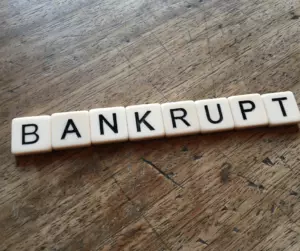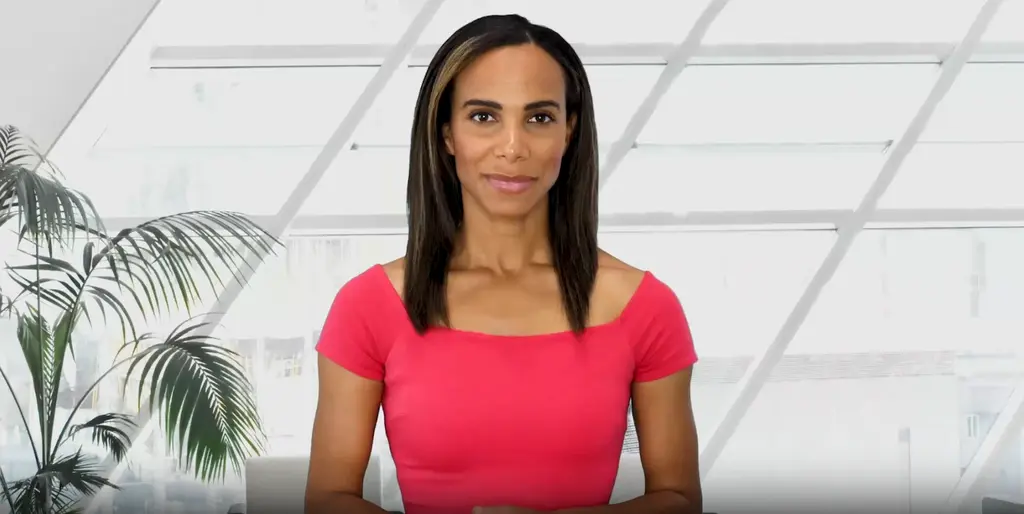Content Reviewed by:
Dave Gormley •
December.14.2022
Vertified Content
Dec 14, 2022
| Read Time: 4 minutes
What Happens in a Chapter 7 Bankruptcy?
Chapter 7 bankruptcy offers a fresh start for individuals. If you’re struggling with credit cards or medical bills, Chapter 7 can erase your debts within a few months. However, because it discharges most consumer debts, not everyone will qualify for Chapter 7 bankruptcy.
The Bankruptcy Abuse Prevention and Consumer Protection Act of 2005 (BAPCPA) requires debtors to pass a “means test” for Chapter 7. The test checks to see if you have the ability to make payments to repay your debts. If you have a stable income above the median income for your state, you might not be allowed to file a Chapter 7. Instead, you could have the option to file a Chapter 13 repayment plan.
Many consumer bankruptcy clients ask, Do I qualify for Chapter 7 in Maryland? When you meet with an attorney at Southern Maryland Law, we will walk you through the details of the Chapter 7 means test. We’ll explain what you need to qualify for Chapter 7 and work with you to achieve your bankruptcy discharge.
What Happens in a Chapter 7 Bankruptcy?
Chapter 7 bankruptcy involves asset liquidation. Once you file, the bankruptcy trustee reviews your assets to see if there are any non-exempt assets to sell. If there are, the Trustee sells and distributes the proceeds to creditors. Creditors cannot take collection actions during bankruptcy. Filing stops collection calls and pauses foreclosure proceedings. While the Bankruptcy Code seeks to treat creditors fairly, it acknowledges that many debtors do not have more money than what is necessary to live. The law exempts many assets from liquidation, like your car, an amount of equity in your home, and household goods. Most consumer bankruptcies in Chapter 7 are considered “no asset” because the debtor has no non-exempt assets. See our post What Are Maryland’s Bankruptcy Exemptions for more information on what assets you can protect. Once the trustee completes the liquidation analysis, the Bankruptcy Court can grant your discharge. When your debts are discharged, creditors can no longer attempt to collect them. However, if you have secured debts (like your home), you must continue paying if you want to keep the collateral. There are also certain debts, like child support that cannot be discharged.
How to Qualify for Chapter 7 Bankruptcy?
BAPCPA created the Chapter 7 means test to stop the abuse of the bankruptcy system. Under the law, there are three ways to qualify for Chapter 7. First, the means test does not apply to debtors with primarily business debts. Second, individuals qualify if they have a current monthly income below the state median. Finally, if the debtor’s current monthly income exceeds the median income, they must pass the means test to qualify. At that point, the only way to qualify for Chapter 7 is to have special circumstances affecting your income and expenses.
Qualifying with Business Debts
The means test for Chapter 7 only applies to individuals who primarily have consumer debts. If you own a sole proprietorship and have more business debt than consumer debt, you may qualify for Chapter 7. Partnerships, corporations, and other business entities qualify but will not receive a discharge.
The Bankruptcy Code defines a consumer debt as a “debt incurred by an individual primarily for personal, family, or household purposes.” Many courts use a “profit motive” test to determine if a debt is a business or consumer debt. If the debt was taken on with the goal of making money, it should be considered business debt. Thus, a mortgage on a person’s home would be considered consumer debt. On the other hand, if someone bought a vacation home as an investment and rented it out, the mortgage would be considered business debt. When you file as an individual with business debt, you can have both your consumer and business debts discharged.
Qualifying with Below Median Income
BAPCPA waives the means test for Chapter 7 filers with income below the state median. To qualify, you must complete Form 122A─1: Chapter 7 Statement of Your Current Monthly Income. The form calculates your average monthly income over the previous six months, including contributions to household expenses from non-debtors. It excludes social security income and payments received because the debtor is a victim of certain crimes. If your income is less than the state median for your family size, the means test does not apply to you.
Passing the Means Test
If you make more than the state median, you must pass the Chapter 7 means test or have qualifying military service. The means test determines if you have enough income to fund a five-year repayment plan. If so, it is presumed abuse to file Chapter 7. To determine your income after expenses, complete Form 122A–2: Chapter 7 Means Test Calculation. Abuse is presumed if your income exceeds 25% of your non-priority unsecured debt (or a minimum of $9,075) or $15,150. However, you can overcome the presumption of abuse by showing special circumstances that affect your income or expenses. In many cases, special circumstances include expenses exceeding the standard deductions.
How Do I Know if I Qualify for Bankruptcy Under Chapter 7? Speak to a Professional
The best way to know if you qualify for a Chapter 7 bankruptcy is to speak with a professional. The Bankruptcy Code is complex, and making a mistake on the means test calculation could result in having your case dismissed erroneously. The bankruptcy attorneys at Southern Maryland Law have been handling Maryland bankruptcy cases for over 30 years. We understand the Bankruptcy Code’s nuances and know the bankruptcy judges’ preferences.
When you meet with our attorneys, we will help you determine what income and expenses apply to the means test. If you qualify for Chapter 7, we will help you file your bankruptcy petition and expedite the process of getting your debt discharged. Even if you don’t qualify, we can help you find the best option for your situation. That could be a Chapter 13 repayment plan or other debt relief solution.
Today’s bankruptcy laws are designed to help people through financial hardship. Like many individuals and small business owners, bankruptcy is an option for a fresh start. When contacting our bankruptcy attorneys, you do not have to be embarrassed about your situation. We have helped thousands of individuals and struggling families file bankruptcy throughout Southern Maryland. We can help you find a solution to your overwhelming debt and get your life back on track. Contact us today.



